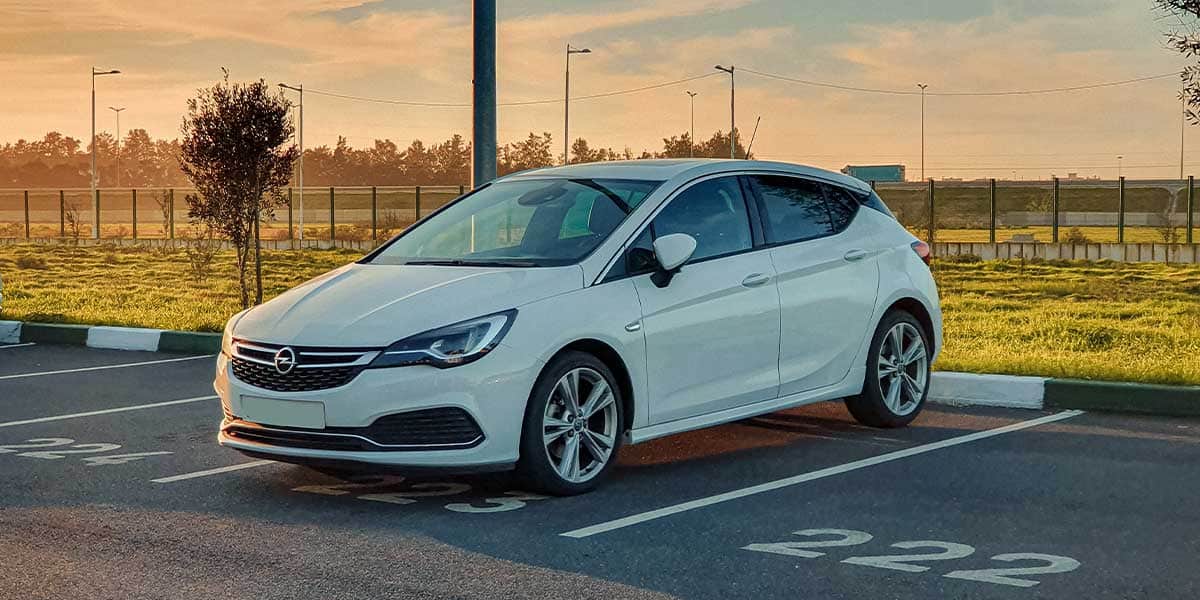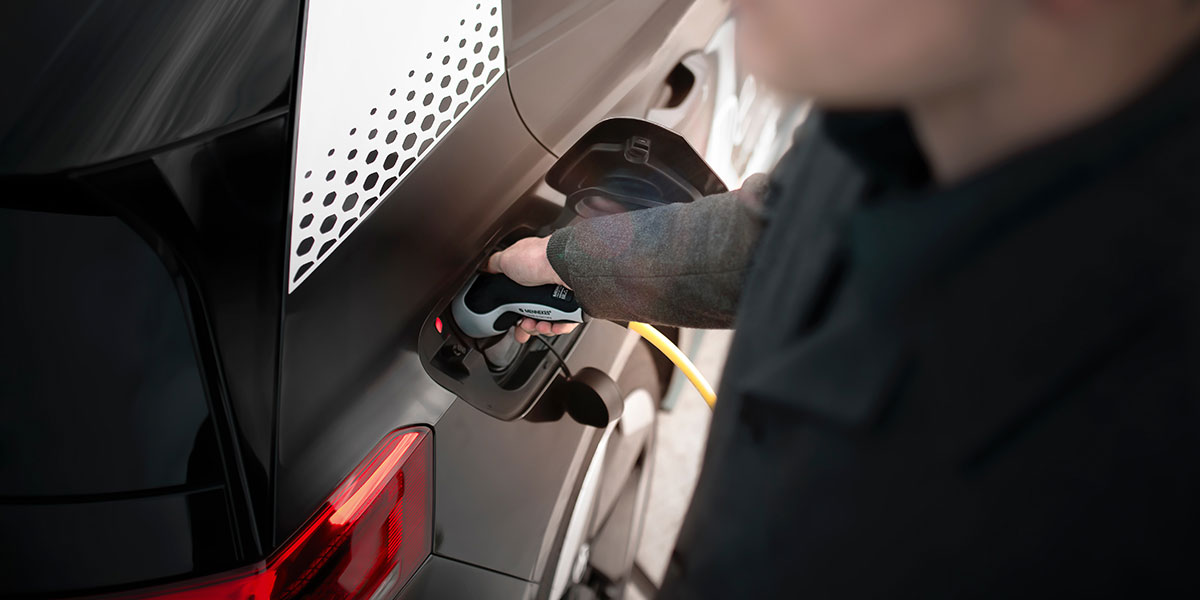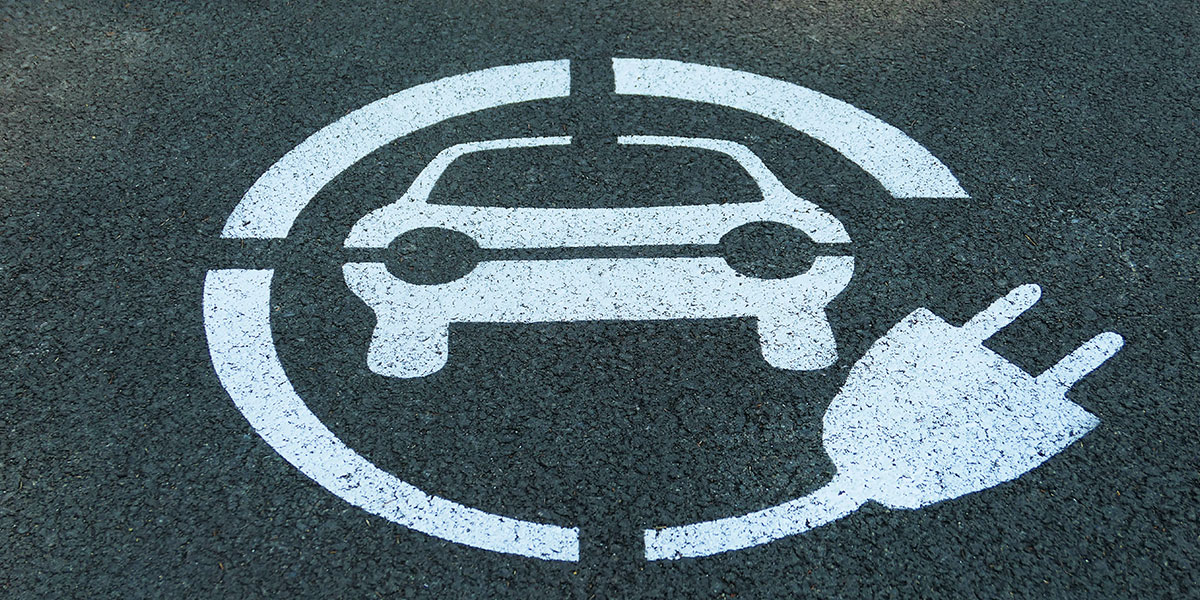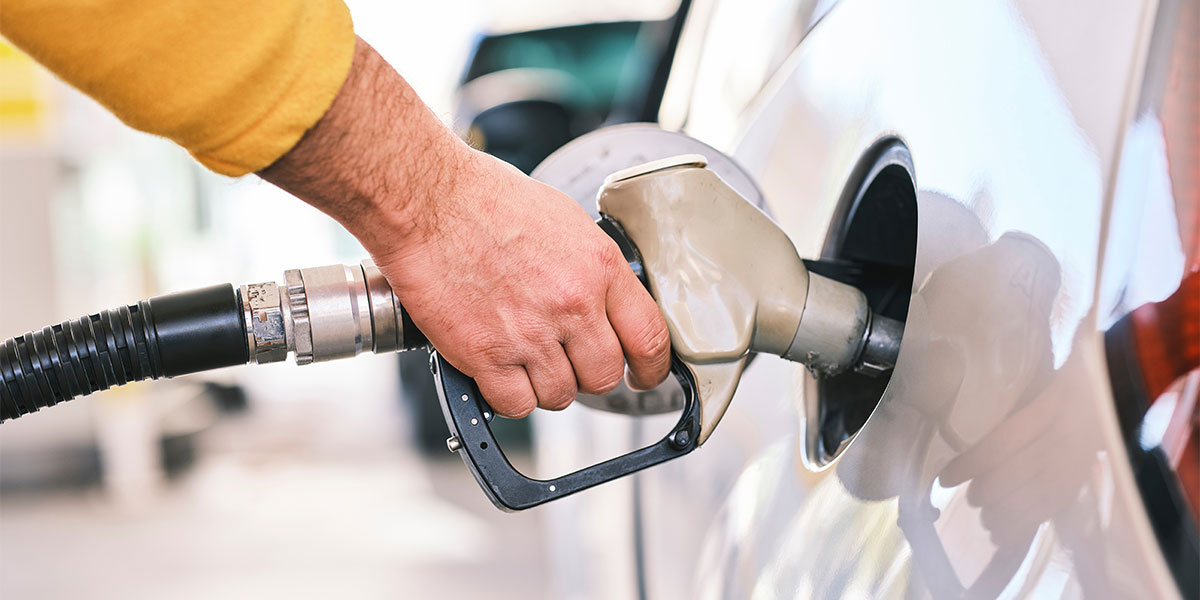Choosing between regular and premium diesel can be a tough decision, especially when prices at the pumps seem to be continually on the rise. So, is premium diesel worth it? In this article we’ll unpack how the product compares to regular diesel and explore different scenarios where it is and isn’t worth paying more.
Diesel vs. regular petrol
Before we get stuck into the specifics of whether premium diesel is worth it, let’s take a moment to unpack the differences between diesel and petrol. For starters, diesel fuel is denser and packs in more energy per litre compared to petrol. The result? Diesel engines often achieve better fuel efficiency. This can make them a more cost-effective option for long-distance driving.
Take the 2024 Skoda Octavia Hatch for example, one of the most fuel-efficient diesel cars currently sold in the UK. It offers an impressive rating of 67.3mpg. The 2024 Volkswagen Golf isn’t far behind with 63.5mpg while the Mercedes-Benz C-Class delivers a remarkable 61.5mpg for its size.
Diesel engines also deliver more torque, also known as power. When it comes to accelerating, climbing steep hills and towing heavy loads, diesel engines generally outperform their petrol counterparts. As for emissions… While diesel has a bit of a dirty reputation, recent advances in engine technology have slashed carbon dioxide (CO2) and greenhouse gas (GHG) emissions.
Petrol engines are typically quieter and smoother, particularly in city traffic. They’re not as powerful as diesel engines but are usually cheaper and easier to maintain. From a running costs perspective, petrol cars cost less to fill as fuels like E10 (95 Octane), Premium Unleaded (95 RON) and Super Unleaded (97 / 98 RON) are usually cheaper than diesel.
What is premium diesel?
Now you’re up to speed on the differences between diesel and petrol, let’s take a closer look at where premium diesel sits in the equation. As the name suggests, the product is of higher calibre than regular diesel. It’s sometimes called ultra-low sulphur diesel (ULSD) and features added performance enhancers like detergents, lubricants and cetane improvers. These additives aim to boost performance, keep the engine clean, minimise wear and tear, and improve fuel efficiency.
Benefits of premium diesel
So, is premium diesel worth it? The answer all depends on your priorities, budget and the type of diesel car you’re looking to drive. Let’s take a closer look at some of the key benefits of premium diesel:
Enhanced engine performance
Premium diesel contains additives like cetane improvers, which supercharge the fuel combustion process. This helps the engine run smoother and more efficiently. Think faster acceleration, better responsiveness and a more enjoyable driving experience overall.
Enhanced fuel efficiency
Premium diesel does cost extra but enhanced efficiency helps counterbalance the cost. Detergents and lubricants help keep the engine clean and reduce friction, benefits that can improve fuel economy. Is premium diesel worth it for drivers covering long distances regularly? Probably, as the improved efficiency can translate into cost savings over time.
Reduced engine wear and tear
One of the top benefits of premium diesel is its ability to keep the engine cleaner. High-quality additives help prevent the build-up of deposits in the fuel injectors and other critical engine components. In the long run, this can increase the lifespan of the engine and minimise maintenance and repair costs.
Lower emissions
Is premium diesel worth it if you want to minimise emissions? Thanks to a cleaner combustion process, premium diesel fuels produce fewer harmful emissions compared to regular diesel. This is a big benefit if you want to reduce your carbon footprint without compromising on power or efficiency. Diesel hybrids from manufacturers like Mercedes, Audi, Volvo and BMW take things one step further with the efficiency and fuel economy of a diesel engine, combined with the environmental benefits of an electric motor.
Smoother cold starts
Chilly mornings are no match for premium diesel, which boasts excellent cold start performance. Additives help the engine start smoothly and quickly, even in cold temperatures. This is particularly beneficial in the UK, where winter temperatures can plunge well below 0°C and affect vehicle performance.
Potential for increased power
Premium diesel can provide an extra boost in power for high-performance vehicles. It’s all to do with the enhanced combustion process and cleaner fuel delivery system, which help to maximise the engine’s potential and unlock a more dynamic driving experience. For example, a high-performance model like the Audi S6, which can accelerate from 0-60mph in 5.0 seconds, would likely benefit from premium diesel. Smaller, zippier models like the Renault Clio? Not so much.
Is premium diesel worth it?
At the end of the day, the answer to whether premium diesel is worth it depends on your driving habits, vehicle and personal preferences. If you own a high-performance diesel vehicle like a Mercedes GLE 450D, the benefits of premium diesel may be more noticeable. Similarly, if you’re a regular motorway driver the additives in premium diesel can help maintain engine performance, especially in newer cars with advanced technology.
For older diesel vehicles, the benefits of premium fuel may be less noticeable. For example, if you drive an older Land Rover Discovery, standard diesel could be a more economical choice. The same goes for less powerful models like the Vauxhall Astra. It’s a great little car but there’s no need to splurge on premium diesel to enjoy it.
Enjoy the benefits of diesel with My Car Credit
At My Car Credit, we know that choosing the right fuel is just one element of car ownership. That’s why we’re committed to friendly, honest and hands-on customer service when it comes to helping our customers secure car finance. Whether you’re considering a reliable workhorse like the Volvo XC40 or a luxury model like the Range Rover Sport, we can help you secure flexible finance options for your dream diesel car.
Try our online finance calculator today or visit our only vehicle search tool and let us help you drive away in the latest diesel models that suit your lifestyle and budget to a tee.
Rates from 9.9% APR. Representative APR 10.9%
Evolution Funding Ltd T/A My Car Credit
Require more help?
Got a question you can’t find the answer to, or need some advice and guidance around taking out car finance? Our Car Credit Specialists are friendly, experienced, and here to help so get in touch today!









